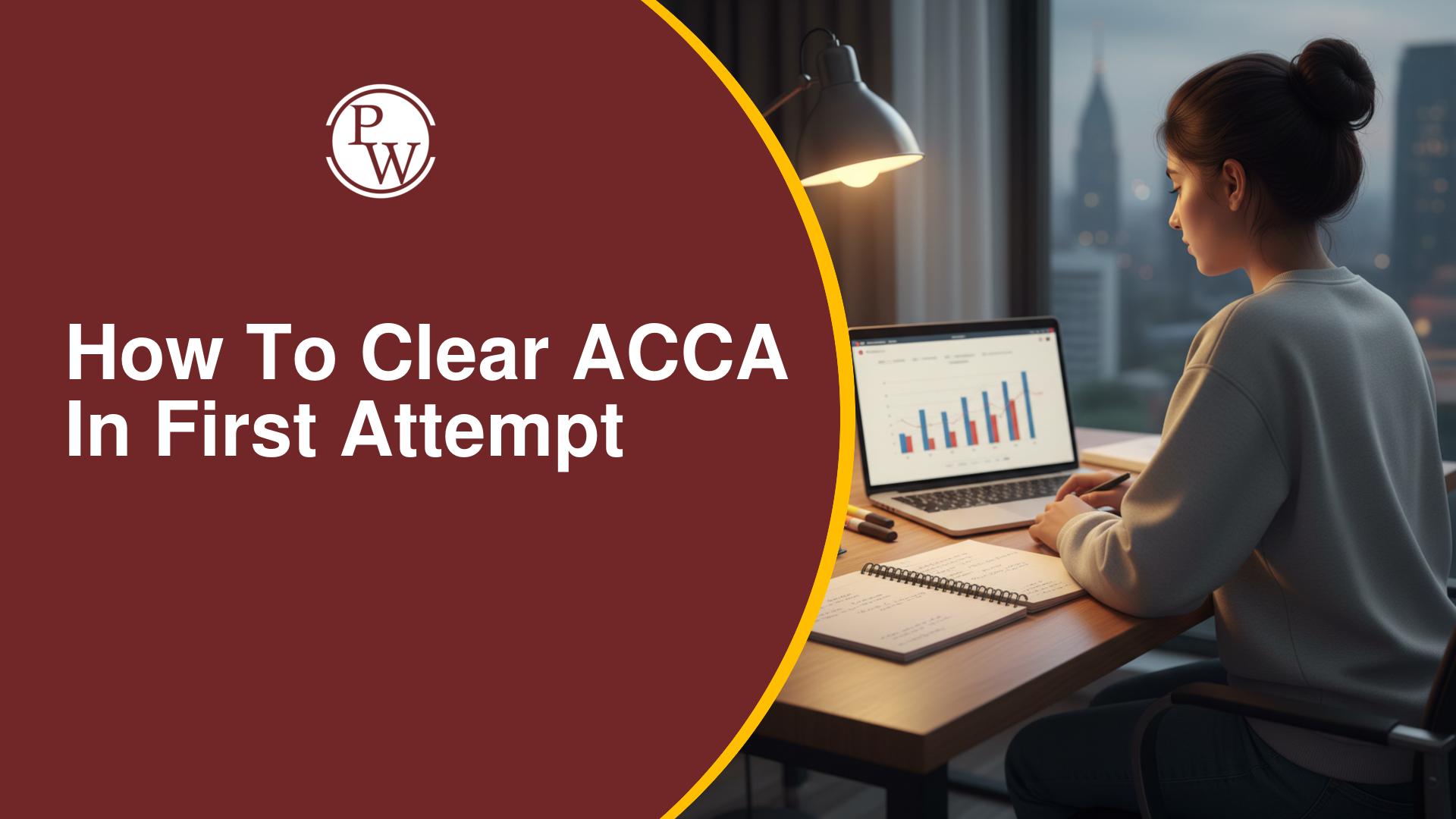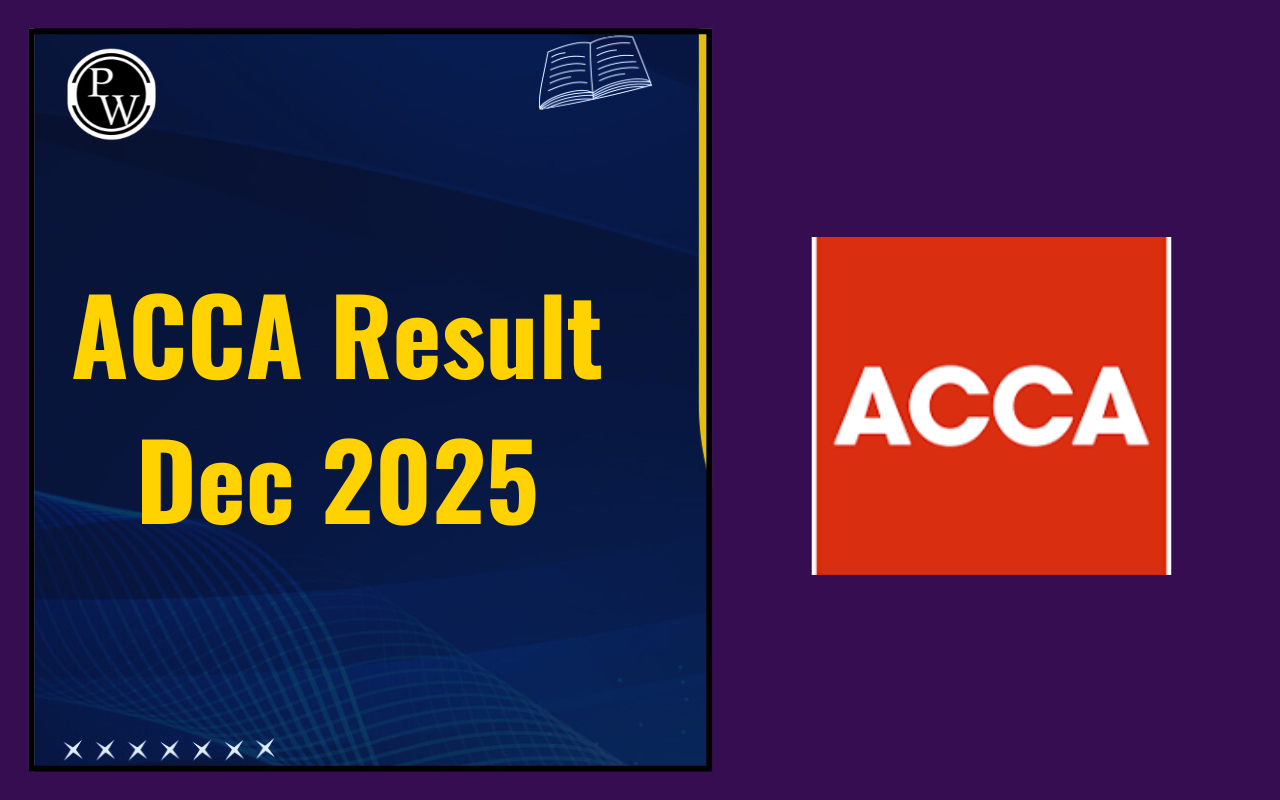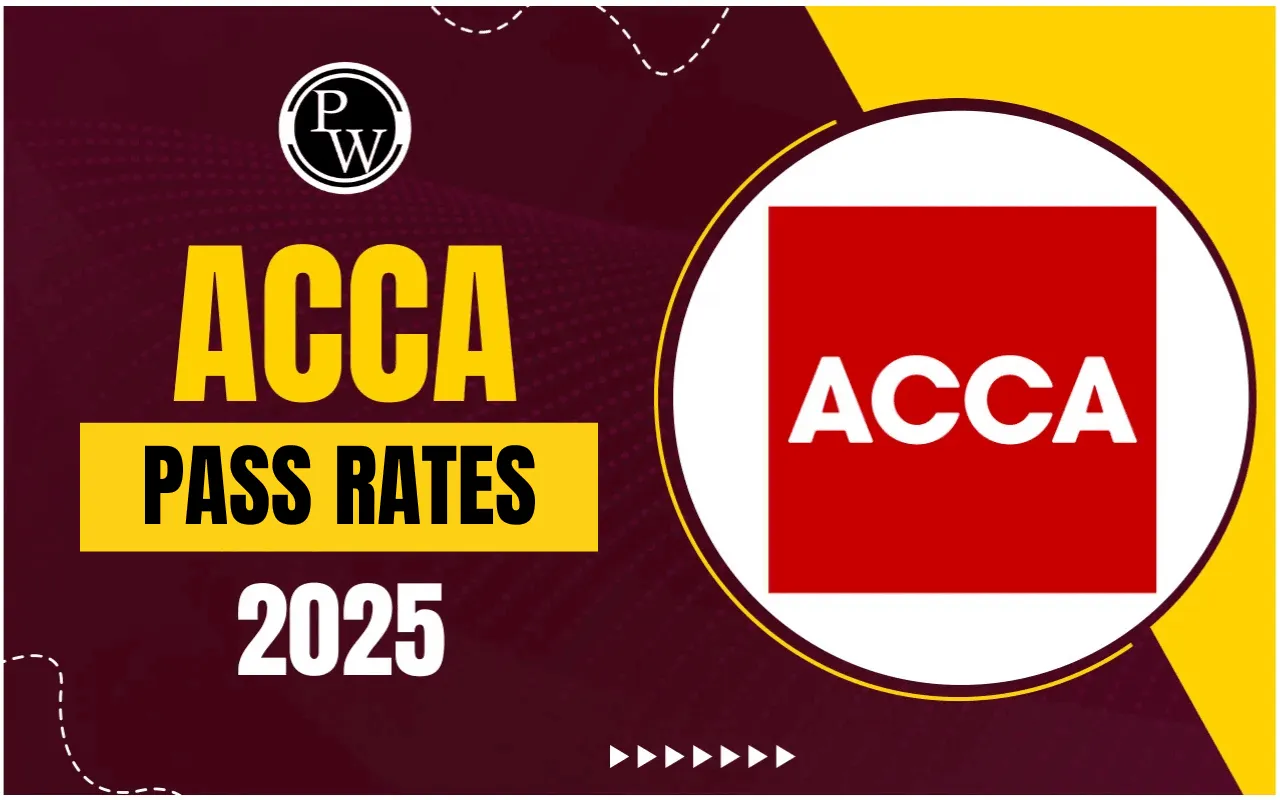
ACCA eligibility criteria: The Association of Chartered Certified Accountants (ACCA) is a global qualification for students who want to build a career in finance, accounting, and business. Before starting this journey, it is very important to understand the ACCA eligibility criteria. Knowing the requirements helps students prepare better and avoid confusion. Below, we’ve explained the criteria in a simple way and highlighted the key differences that students should know.
Why Understanding the Eligibility Criteria Matters?
Many students start planning for ACCA without knowing the basic requirements. This can create problems later. If students understand the ACCA eligibility criteria clearly, they will know whether students can apply, what documents they need, and what path they should choose. It saves time, helps in planning studies, and ensures students meet the conditions before applying.
General ACCA Entry Requirements
Students from different countries can join ACCA through various routes. The ACCA eligibility criteria are not the same for all. Some can start directly after school, while others may need extra qualifications. Below, we’ve mentioned the general requirements:
| General ACCA Entry Requirements | |
| Requirement | Details |
| Age | Minimum 16 years old |
| Education | Should have completed secondary education (10+2 level) |
| Subjects | Must have studied English and Mathematics |
| Alternatives | If a student does not meet the full criteria, they can start with Foundation-level qualifications and later move to ACCA |
ACCA Eligibility Criteria for Indian Students
For Indian students, there are specific rules. These rules are in line with the education system in India. Students who have completed their higher secondary education can apply. Below, we’ve mentioned the ACCA Eligibility Criteria for Indian Students:
| ACCA Eligibility Criteria for Indian Students | |
| Requirement | Details |
| Age | Minimum 16 years old |
| Qualification | Must have completed 10+2 from a recognized board |
| Subjects | Minimum of 65% marks in English and Mathematics or Accounts. Plus, 50% marks in other subjects |
| Alternative Path | If a student does not meet these marks, they can begin with the ACCA Foundation-level course and then move ahead |
Difference Between Various Entry Routes
Not all students come from the same background. Some may already hold degrees in commerce or finance. Others may come directly after school. The ACCA eligibility criteria provide different routes for them. Below, we’ve mentioned various entry routes for ACCA:
| Difference Between Various Entry Routes | ||
| Entry Route | Who Can Apply | Path to ACCA |
| Direct Entry | Students who meet the standard 10+2 requirements with good marks | Can start with Applied Knowledge level |
| Foundation Route | Students who do not meet 10+2 marks criteria or come from other streams | Can start with Foundation in Accountancy (FIA) and then move to ACCA |
| Graduate Entry | Students with relevant bachelor’s degrees (like B.Com, BBA, etc.) | May get exemptions from some ACCA exams |
Practical Experience Requirement (PER) for ACCA
Meeting the study requirements alone is not enough. ACCA also needs students to complete practical training. This is called the Practical Experience Requirement (PER). It means students must gain work experience along with exams. The ACCA eligibility criteria also cover this important step. PER ensures that students not only know the theory but also apply it in real jobs.
Key Points about PER:
- Students must complete at least 36 months of practical experience.
- The experience should be in roles related to accounting, finance, or business.
- Students need to complete performance objectives set by ACCA.
- A workplace mentor should confirm the experience.
ACCA eligibility criteria are designed to welcome students from different educational paths while maintaining quality. General requirements apply to all, but Indian students have specific rules. There are different entry routes for different learners, and every student must also complete practical experience. By understanding the ACCA eligibility criteria, students can plan their journey better and move smoothly toward becoming a global finance professional.
ACCA Eligibility Criteria FAQs
What is the minimum age to apply for ACCA?
Do I need to study English and Maths to be eligible for ACCA?
What if I do not meet the 10+2 marks requirement in India?
Can graduates get exemptions in ACCA?










